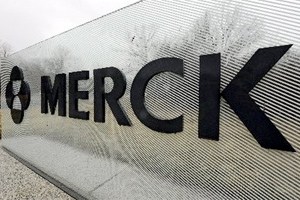
Merck & Co has expanded its efforts to research new diabetes treatments, signing a new partnership with California-based biopharma Abide Therapeutics.
Worth $430m in upfront, funding and milestone payments, the deal covers three targets identified by Abide as potential targets for therapies in type 2 diabetes for which Merck will gain worldwide commercial rights.
These targets are part of a group of enzymes know as serine hydrolases, which Abide says have potential in the treatment of metabolic conditions, such as diabetes.
There are some 200 human serine hydrolases, but most are poorly categorised and the group has remained largely unexplored as drug targets.
Merck’s large fee demonstrates some level of confidence in their potential in diabetes – an increasingly competitive market as levels increase across the world.
The unique enzyme-based method of treatment offered by Abide will also be attractive to Merck, with several diabetes products facing stricter regulation and tough approval processes due to increased concerns about their cardiovascular safety.
The deal comes just days after Merck announced it would collaborate with Pfizer on phase III diabetes compound ertugliflozin.
The sodium glucose co-transporter (SGLT2) inhibitor was originality developed by Pfizer and now a Merck subsidiary will work alongside it on in late development and helping to commercialise ertugliflozin if it is approved.
One of the key reason for the Pfizer deal is the potential to combine ertugliflozin with Merck’s DPP-4 inhibitor Januvia (sitagliptin).
Merck also has a Januvia follow-up in development, with phase IIb data suggesting that MK-3102 could offer a similar level of effectiveness, but at a once-weekly rather than once-daily dosage.




